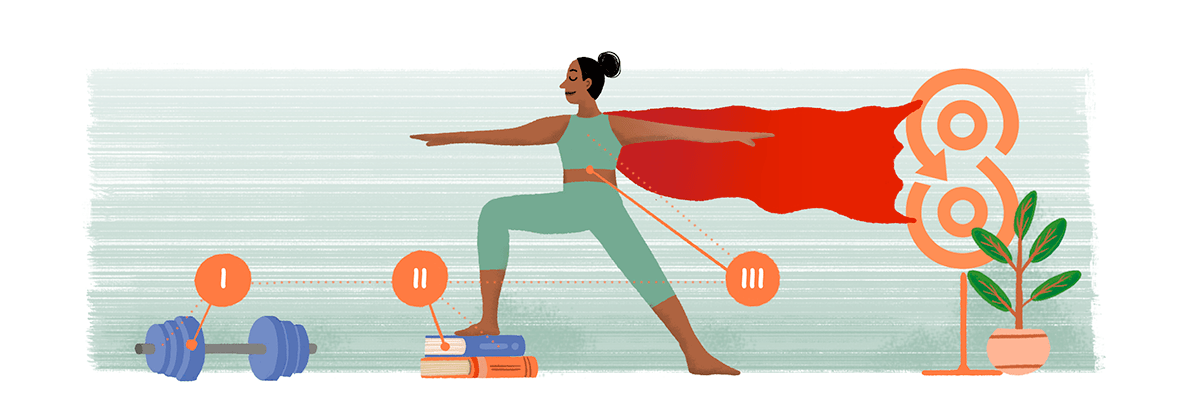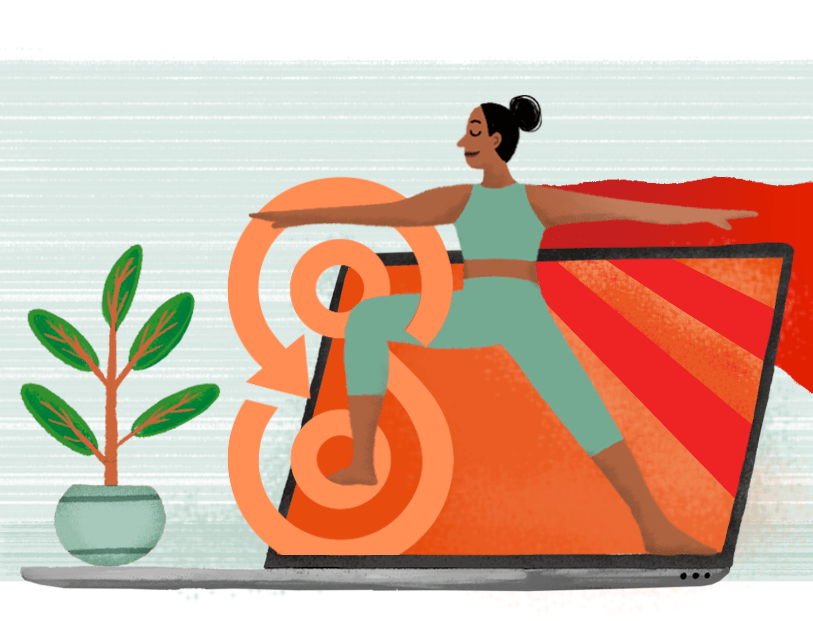3 Tips To Boost Your Professional Confidence

For some people, professional confidence is easy. For others it can take years to fully develop.
Whether it’s doubts about your skill set, difficulties with imposter syndrome, or problems with self-esteem more broadly, there are many roadblocks that can stand between you and your confidence. At Career Navig8r, we really want what’s best for you and that’s why we’ve put together these three tips that will empower you to be the best version of yourself.
1. Identify and Leverage Your Strengths
We all have strengths and weaknesses – that’s part of life. For many people, their teenage years are largely spent learning to identify their weaknesses and find ways to tackle and combat them. This is an important and powerful skill but it can lead to a serious problem: if you spend too much time focusing on your weaknesses, it’s hard to remember your strengths.
Strengths are just as important as weaknesses, if not more so. Think of them as the fortress at the heart of your skillset. When you go to combat a weakness and to learn a new skill, you do so by bringing your strengths to bear. Equally, when you feel you’re facing an unfamiliar problem, it always helps to have your strengths as a fallback you can rely on.
For example, imagine a confident outgoing person. Let’s call her Tabitha. Tabitha’s great at meeting new people and making good impressions. She’s great at getting to know her colleagues and building a rapport. What she struggles with, however, is time-management. She’s a bit of a scatterbrain and, while she gets caught up in one problem, she sometimes forgets that she ought to be focused on another.
Struggling with time-management can be a real knock to your professional confidence. It can make you feel like you’re letting others down. At least that’s how it feels to Tabitha.
So what does she do? Should she let her problems get the best of her? Should she spend her days always feeling one step behind?
No!
While it might not look like it at first glance, Tabitha’s strength is the perfect trait to help combat her weakness because it’s that friendly, people-person energy that will inspire her to face her problems head on. She’ll ask other people how they keep their appointments in check. She’ll keep trying new approaches until she finds one that works. Most importantly, she’ll be motivated to help her colleagues because she wants what’s best for them.
2. Invest in Your Professional Development

One important but simple rule that you should carry throughout your career is that competence leads to confidence. The more you feel that you’re meeting your goals and nailing your role, the more that confidence will just come to you.
Okay, so that might sound catchy, but how do you develop competence? How do you make sure you’re the best you can be?
In a way, the answer is simpler than you might think: just believe in yourself.
While it might sound like something you’d expect to see on a tacky motivational poster, believing in yourself really does work, so long as you let it. That’s not to say you won’t have to work hard to learn new things and build new skills but the reality is that once you believe you can do those things, the road to success becomes a lot easier.
Once you believe in yourself, you’re able to set aside the voice that says ‘I can’t’ and find the voice that says ‘I will’.
3. Harness The Power of Performance
In many ways, professional confidence, like any form of confidence, is an outward projection. It’s a performance we put on for the benefit of others.
When a musician gets on stage there’s one iron-clad rule of performance they should always keep in mind. You should never let the audience see you sweat.
When a musician makes a mistake, the most important thing they can do is carry on as though nothing happened and, more often than not – so long as the mistake was a one-off occurrence – the audience won’t even notice. Those who did notice may even begin to doubt what they heard.
What’s true on stage is also true in day to day life. If you can project confidence, then people will trust you and they’ll trust your decisions. The best part is that, once other people trust you, you’ll start to trust yourself and, before you know it, the outward performance will become true professional confidence.
Did you know that one of the best ways to improve your skills is to teach what you know to others? By becoming a Mentor, you’ll have the chance to revisit the fundamentals through an experienced set of eyes, improving your understanding while being paid to do it. Become a Mentor today with Career Navig8r!


